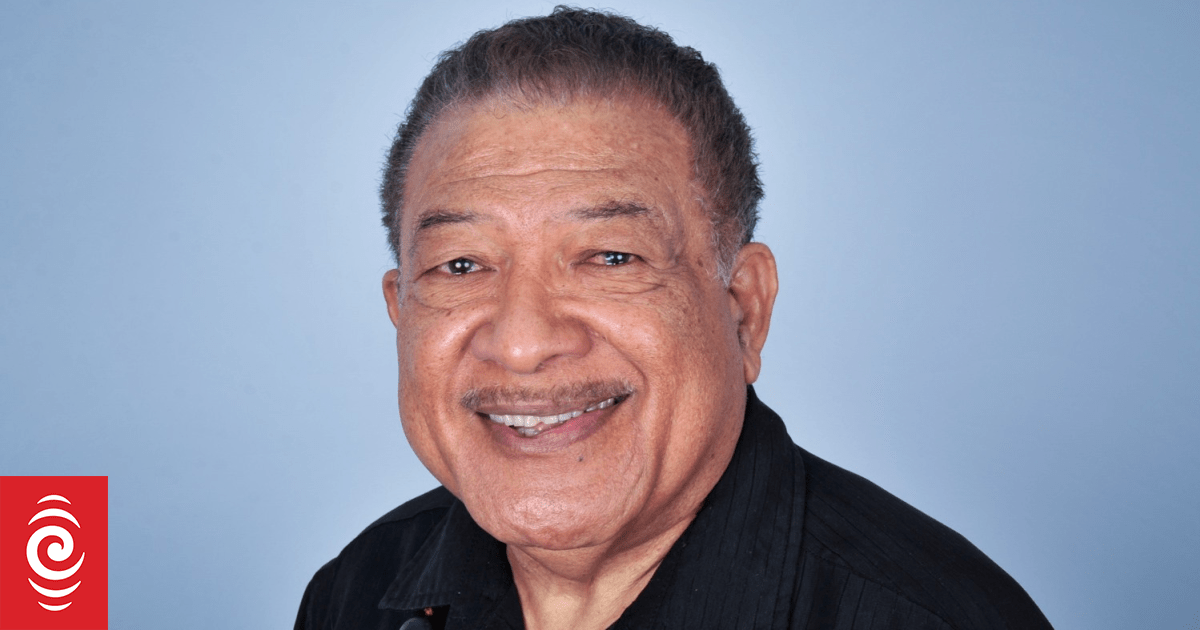
New Zealand-based Tongan doctor Viliami Puloka and his research team has found about 35 per cent of Tongans in Aotearoa are participating in bowel cancer screenings.
Photo: Supplied
New Zealand-based Tongan doctor Viliami Puloka and his research team at the University of Otago has found about 35 percent of Tongans in Aotearoa are participating in bowel cancer screenings.
This compares to 58 percent of the overall New Zealand population.
Lead researcher Dr Puloka from the University’s Department of Public Health said participants highlighted the importance of a “by Tongan, for Tongan” approach to screening.
“Many Tongans are facing unnecessary deaths from bowel cancer because, while the programme exists, it isn’t easily accessible to them,” he said.
“A Tongan-centric approach is essential for improvement.
“We want to explain the conception and the perception in a way that is understood by them.
“All of them has to be in their cultural understanding.”
In 2021, researchers conducted two talanoa focus groups with Tongan-born New Zealanders over 60 years of age, to explore ways to make the programme more effective and equitable.
They also consulted four Pacific experts involved in the screening initiative.
The research was funded by the Cancer Society of New Zealand, and the findings have been published in the New Zealand Medical Journal.
Pacific peoples are also 60 percent more likely to die from bowel cancer than those of European descent.
The study emphasised that Tongans are eager to take charge of their health, but the programme must align better with their needs.
“Recognizing the barriers and empowering the community is crucial,” Dr Puloka said.
He said participants stressed the importance of delivering the programme through community channels, ideally led by Tongan providers.
“The best place they have asked us to get to them is in a house service, where we deliver to them in a cultural understanding.
“Most of them want to feel that they are part of the solution – far too long they have been treated as a problem to be fixed.”
When asked by RNZ Pacific if this research will expand out to other Pacific cultures Dr Puloka said it would.
“We are in talks with friends from our other Pacific Island cultures to share our findings from the Tongan community so that this initiative can be accessed from across all cultures.”

